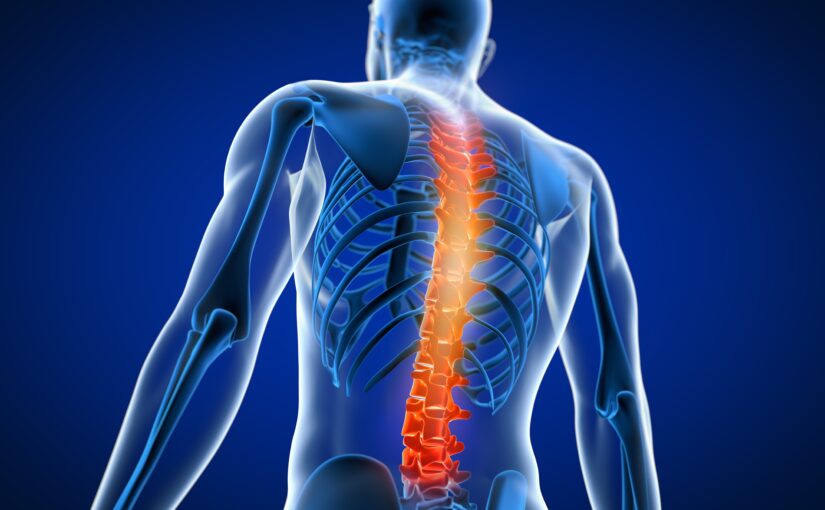This year marks the 10th anniversary of the US Senate’s resolution designating September as National Spinal Cord Injury Awareness Month. In the spirit of increasing awareness, here are some facts from the United Spinal Association
About Spinal Cord Injuries
After a spinal cord injury (SCI), the nerves above the level of the injury continue working as they always did. Below the level of injury, though, messages from the brain to the body may become fully or partially blocked.
The higher the level of the SCI, the greater the impairment. People with thoracic injuries and lower may retain full use of their arms and hands. However, injuries to the upper cervical region can result in respiratory issues and the loss of limb, bowel, bladder, and sexual function. Not surprisingly, approximately 37% of people who have incurred an SCI report depression.
Facts and Figures
- Approximately 17,700 Americans acquire a spinal cord injury (SCI) each year.
- 78% are men
- The average age is 43
Common Causes:
- Vehicle accidents – nearly 40%
- Falls – 31.8%
- Violence – 13.2%
- Sports – 8%
- Medical/Surgery – 4.3%
Workers’ Comp Stat
The frequency of large (over $1 million) workers’ comp claims involving SCIs (and traumatic brain injuries and burns) has grown by nearly 7% per year since 2012, according to NCCI.
Types of Wheelchairs Used
Spinalcord.com reports that the types of wheelchairs used most often by people who have an SCI are:
- 39% – manual wheelchairs
- 27% – power wheelchairs
- 2% – other types (power-assist wheelchairs, scooters and Hover rounds)
For more information on SCIs, check out these links:
https://www.christopherreeve.org/https://asia-spinalinjury.org/
https://www.spinalinjury101.org/details/resources
https://www.sci-info-pages.com/spinal-cord-injury-organizations/

